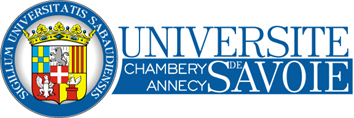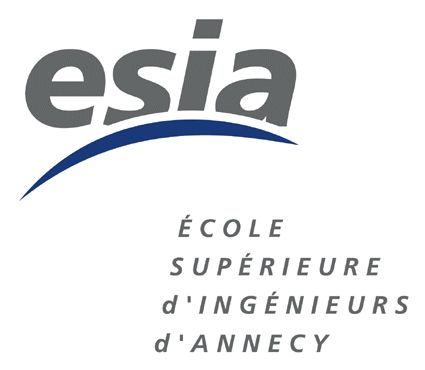Modelling Agent in Situation Calculus by Robert Demolombe and Pilar Pozos Parra
Course description:
Motivations. Interactions between agents in the context of Multi Agent Systems involve some basic concepts such as action, belief, desire, intention and obligation. These require precise definitions. There have been several proposals for their formalisation in the framework of modal logic.
An alternative approach uses Situation Calculus, which is a variant of classical logic. Many of the aforementioned concepts have been addressed using Situation Calculus by researchers at, or in connection with, the Cognitive Robotic Group at Toronto University. One of the benefits of these formalisms is to offer a more intuitive perception of concepts than modal operators to people who are not familiar with non-classical logics. Another positive aspect of this framework is a rather simple solution to the frame problem for the definition of evolution of some basic concepts involving agents. Finally, Situational Calculus approaches have the pragmatic advantage that they can be rather easily implemented to prototype toy applications.
Tutor bio:
Robert Demolombe is researcher at ONERA (Office National d'Etudes et de Recherches Aérospatiales) since 1975. He defended a Thèse d'Etat at the Toulouse University in 1982 (supervisor: Alain Colmerauer) about the applications of classical logic to Relational Databases.
In the eighties he has applied modal logic to the formalisation of integrity constraints and cooperative answering. In particular he designed a specific logic, with Andrew J.I. Jones, for reasoning about the topics of formal sentences. In the nineties he moved to the formalisation of regulations for interactions between agents. In the field of Automated Reasoning, he defined, with Luis Fariñas del Cerro, a deduction strategy for abductive reasoning in classical first order logic.
From the end of the nineties he used the framework of the Situation Calculus for belief change and obligation change, and he defined a translation from Situation Calculus to Modal Logic. He also combined the Situation Calculus and Probability Theory to propose a technique for intention recognition in the context of human machine interactions.
He gave lectures at Sup'Aéro, from 1978 to 1999, about Logic and Databases, and at Toulouse University, from 1998 to 2003, about Logic Applied to Information Systems Regulation.
He was member of the programme committee of the conferences: VLDB, FQAS, ISMIS and DEON for several years. He is member of the editorial board of the journal Fundamenta Informaticae.
See also his web page at: www.cert.fr/francais/deri/demolombe/
Pilar Pozos-Parra gained a Master's degree in Knowledge Representation and Formalization of Reasoning in 1998 and a PhD in Artificial Intelligence in 2002, both at Sup'Aéro College in France. She spent one year 2002-2003 as Assistant Professor in the School of Physics and Mathematics, University of Puebla in Mexico, and two years 2003-2005 as Research Fellow in the Department of Computing, Macquarie University in Australia. Since October 2005 she is a Professor in the postgraduate School, University of the Mixteca in Mexico. Her main research interests lie in BDI architecture, Situation
Calculus, Merging and Automated Reasoning.
Sponsors for EASSS 06
 |
 |
 |

|
 |
 |